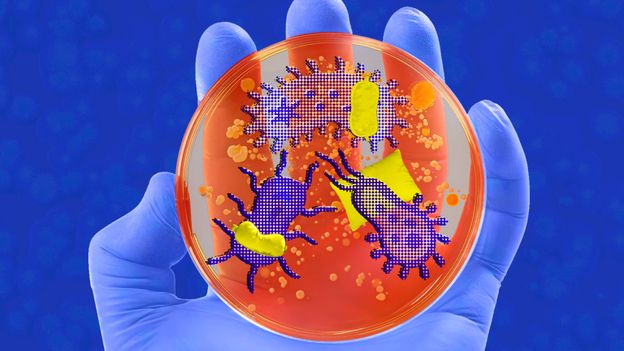ChronicallyOverIt
Senior Member (Voting Rights)
Other than treating H pylori and parasites I don’t think there really is (naturopaths will throw a fit here). There’s a vague idea of unbalanced flora but no one right now is in a position to “fix” it or say it’s 100% wrong.
I had a friend who worked at Ubiome, they made tests for dysbiosis and gave medical recommendations for it(this was the big no no). First of all every test showed different results depending on the week you took the test and secondly they got raided by the FBI eventually for those medical recommendations without FDA approved tests. There’s also a Great Wall Street journal podcast on it.
I had a friend who worked at Ubiome, they made tests for dysbiosis and gave medical recommendations for it(this was the big no no). First of all every test showed different results depending on the week you took the test and secondly they got raided by the FBI eventually for those medical recommendations without FDA approved tests. There’s also a Great Wall Street journal podcast on it.

